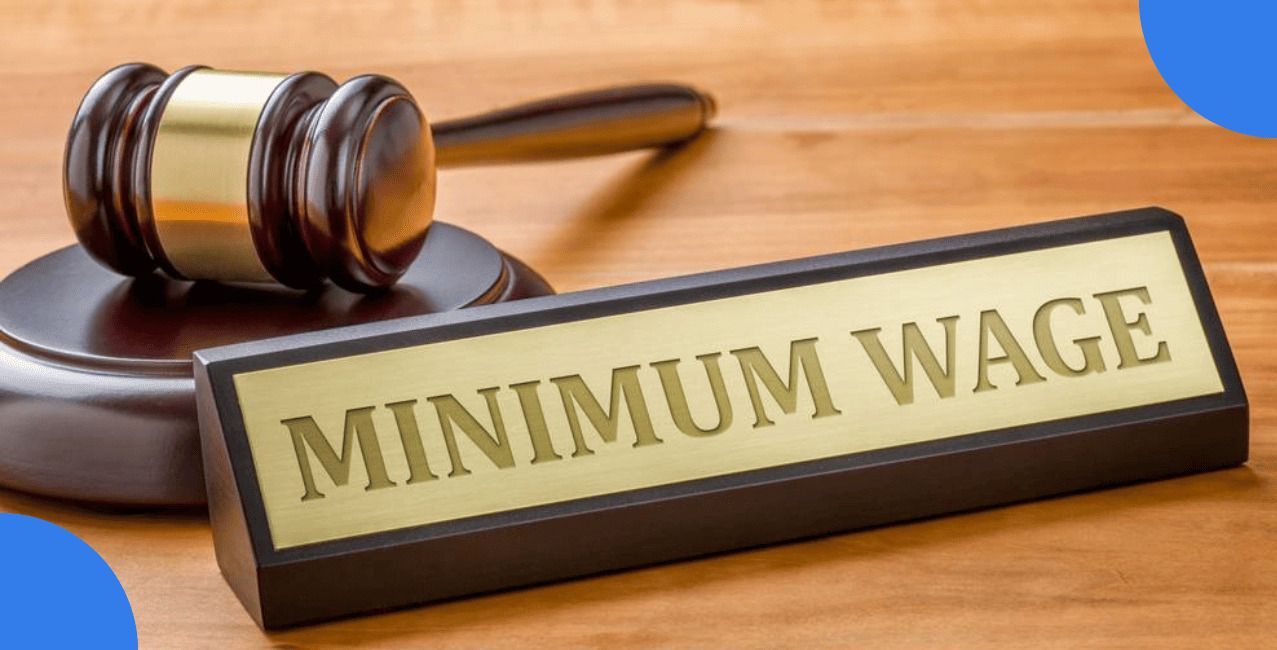Section 115BAB of the Income Tax Act: Complete Guide & Benefits

Check Your Loan Eligibility Now
By continuing, you agree to LoansJagat's Credit Report Terms of Use, Terms and Conditions, Privacy Policy, and authorize contact via Call, SMS, Email, or WhatsApp
Key takeaways:
- Get a super-low 15% tax rate if your new manufacturing company is set up after October 2019 and starts production before April 2024. A great deal for new makers!
- The catch? All other tax benefits and deductions have to go. You make a hard, all-or-nothing decision when you file your taxes.
- This offer is only for companies that genuinely make things. It excludes traders, software developers, and miners, and you can only use limited old machinery.
Section 115BAB of the Income Tax Act is all about encouraging homegrown manufacturing! It offers a sweet 15% tax rate (plus some additional charges) for new domestic manufacturing companies.
To take advantage of this, companies need to be set up and registered after October 1, 2019, and they must launch their manufacturing by March 31, 2024. This is a fantastic opportunity for new manufacturing businesses to lower their tax bills, boosting their competitiveness and attracting more investments in the industry.
Example:
Aman's business would qualify for this advantageous 15% tax rate if he incorporated a new business in December 2023 and started producing electronic components by March 2024.
Key Deadlines for Eligibility
The following table summarises the critical timelines for a company to avail the benefit under Section 115BAB:
The table shows that the deadline to start manufacturing has been extended by a year, which gives companies more time to prepare and establish their operations.
This extra time is beneficial for businesses like Aman's, letting them meet the requirements and take advantage of lower taxes. This change could lead to more growth in the industry.
Next, let’s talk about how to take advantage of this lower corporate tax rate.
Bonus Tip: This concessional tax rate is only available for domestic companies (public or private limited), not for LLPs, partnerships, or sole proprietorships.
Read More - Section 115BAA of Income Tax Act – Corporate Tax Rate & Benefits Explained
How to avail the benefit of a low corporate tax rate?
A newly incorporated manufacturing company must formally choose this concessional tax regime by filing its income tax return to benefit from the low 15% corporate tax rate under Section 115BAB. The business must give up all other tax exemptions and deductions to pursue this option, which is final.
To benefit from a lower corporate tax rate, a domestic company must meet specific criteria:
1. Establishment: The company should be registered on or after October 1, 2019, and must start manufacturing by March 31, 2024.
2. Company Structure: It shouldn’t be formed by breaking up or reconstructing an existing business, except for specific cases under section 33B.
3. New Equipment Only: The company cannot use any previously used (second-hand) machinery or equipment. However, it can use machinery that has been used outside of India for the first time in India. Old machinery is allowed if its value doesn’t exceed 20% of the total machinery costs.
4. Building Restrictions: It can’t operate in a building that was previously a hotel (with a two-star to four-star rating) or a convention centre.
5. Business Focus: The company must be involved in manufacturing or producing a product and can also engage in related research and distribution.
6. Income Calculation: The total income must be calculated without taking any tax exemptions or incentives into account, such as:
- Deductions for special economic zones.
- Additional depreciation for new machinery in some backwards regions.
- Specific deductions for tea, coffee, and rubber production.
- Other special allowances for scientific research, capital expenditures, and agricultural projects, among others.
By meeting these conditions, companies can leverage the advantages of a lower corporate tax rate. Now that you understand the benefits, let’s talk about the businesses that are not considered under section 115BAB.
Bonus Tip: The company must commence its manufacturing operations on or before March 31, 2024, as per the Union Budget 2023 update.
Also Read - Section 115 BBE of Income Tax Act – Tax on Unexplained Income
Businesses that are not considered under section 115BAB.
If a company's primary activities are trading, buying, or implementing minor procedures, it is not regarded as manufacturing a product. The law generally excludes certain activities from this definition, such as building, software development (in certain situations), and service delivery.
When it comes to running a blog or a business, it doesn't cover certain activities, like:
- Creating computer software in any form
- Mining for resources
- Turning marble blocks into slabs
- Bottling gas into cylinders
Printing books or making movies
These are separate industries and not part of the blogging or content creation world! Now, let's wrap up with the conclusion of this blog.
Conclusion
Section 115BAB is an excellent chance for new manufacturers. It comes with a lower tax rate aimed at helping businesses grow and attract investment. If your manufacturing company meets the eligibility criteria and deadlines, you could save a lot on taxes.
This could really benefit your financial future! It’s encouraging to see the government actively supporting manufacturing in India.
FAQS
What is the most significant trade-off for choosing this lower rate?
The company must forgo all other tax exemptions, deductions, incentives (like those for Special Economic Zones), and set-off of any carried-forward losses.
Can I use my old machinery in the new company?
Generally, no. The use of previously owned plant and machinery cannot exceed 20% of the total value. However, using old machinery that was never used in India is allowed.
Does 'manufacturing' include software development or mining?
No. The law has a specific definition. Core activities like trading, software development, mining, bottling, printing, and construction are typically not considered eligible for manufacturing.
Can an existing business convert or split to claim this benefit?
No. The company cannot be formed by splitting up or reconstructing an existing business. It must be a genuinely new entity.
Other Related Pages | |||
About the author

LoansJagat Team
Contributor‘Simplify Finance for Everyone.’ This is the common goal of our team, as we try to explain any topic with relatable examples. From personal to business finance, managing EMIs to becoming debt-free, we do extensive research on each and every parameter, so you don’t have to. Scroll up and have a look at what 15+ years of experience in the BFSI sector looks like.
Subscribe Now
Related Blog Post

What is the Rate of Property Tax in Assam? – Updated Guide

Property Tax Bihar: Rates, Online Payment Process & Complete Guide

Property Tax Gujarat – Rates, Calculation, Payment Process & Complete Guide
Recent Blogs
All Topics
Contents
Quick Apply Loan
Consolidate your debts into one easy EMI.
Takes less than 2 minutes. No paperwork.
10 Lakhs+
Trusted Customers
2000 Cr+
Loans Disbursed
4.7/5
Google Reviews
20+
Banks & NBFCs Offers
Other services mentioned in this article
.png)




